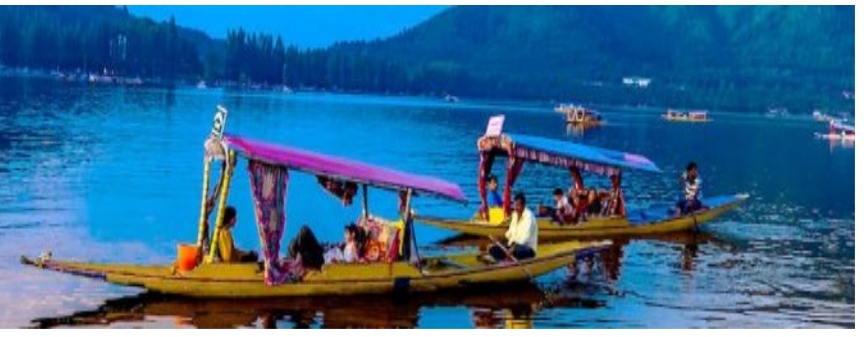Delimitation In J&K Will Be Based On 2011 Census

As per the Delimitation Commission delimitation in J& K will be conducted on the basis of the 2011 census and the final draft will be prepared after taking all demands and recommendations into account.
Chief Election Commissioner of India Sushil Chandra said in a Press Conference that “The first full-fledged delimitation commission was formed in 1981 which could submit its recommendation after 14 years in 1995. It was based on the 1981 census. Thereafter, no delimitation has taken place.”
“In 2020, the delimitation was constituted to carry on the exercise on the basis of 2011 census as per section 62 of Jammu and Kashmir Reorganisation Act, 2019.
Out of total seats of the legislative assembly of UT of Jammu and Kashmir, 24 seats shall remain vacant and the said area shall be excluded in delimiting the territorial constituency as provided under part V of Jammu and Kashmir Reorganisation Act, 2019,” Chandra said.
“In 1995, there were 12 districts. The number has gone up to 20 now. The number of tehsils has gone up from 58 to 270. In 12 districts, constituency boundaries are extended beyond the district’s limit. There is an overlapping of districts as well as the tehsils in Constituencies. All such facts indicate that the public faces inconvenience due to such anomalies,” he said.
“Taking all the demands and recommendations into account, a draft will be prepared and put in the public domain for their comments. After seeing all the comments, the final draft (on Delimitation exercise) will be prepared,” he said.
“If something was decided earlier then Commission would not have come here. Nothing has been pre-planned so far. Before starting the exercise, we want to have the views of all persons. These apprehensions in the mind of any person, if at all, should go away,” he added.
The Delimitation Commission arrived in Jammu and Kashmir on Tuesday and interacted with dozens of political leaders and civil society groups to get inputs on the exercise to redraw electoral constituencies in the union territory.
The decision to visit Jammu and Kashmir was taken after the panel held a meeting at the Election Commission office in the national capital on June 30.
Prime Minister Narendra Modi had held a meeting with political leaders from Jammu and Kashmir on June 24. The meeting was the first high-level interaction between the Centre and political leadership mainly from Kashmir since August 5, 2019, when the Centre abrogated Article 370 that gave special status to Jammu and Kashmir and also bifurcated the erstwhile state into two union territories–Jammu and Kashmir and Ladakh.
Days after attending an all-party meeting convened by Prime Minister Narendra Modi in the national capital, the People’s Alliance for Gupkar Declaration (PAGD) has expressed its dissatisfaction over the outcome of the meeting. The first meeting of the alliance after the Delhi meeting was held late Sunday evening at the residence of National Conference (NC) president Farooq Abdullah, who is also the chairman of the alliance.
PAGD spokesperson MY Tarigami told ANI that there has been an “absence of any substantial confidence-building measures” such as releasing political and other prisoners from jails.




